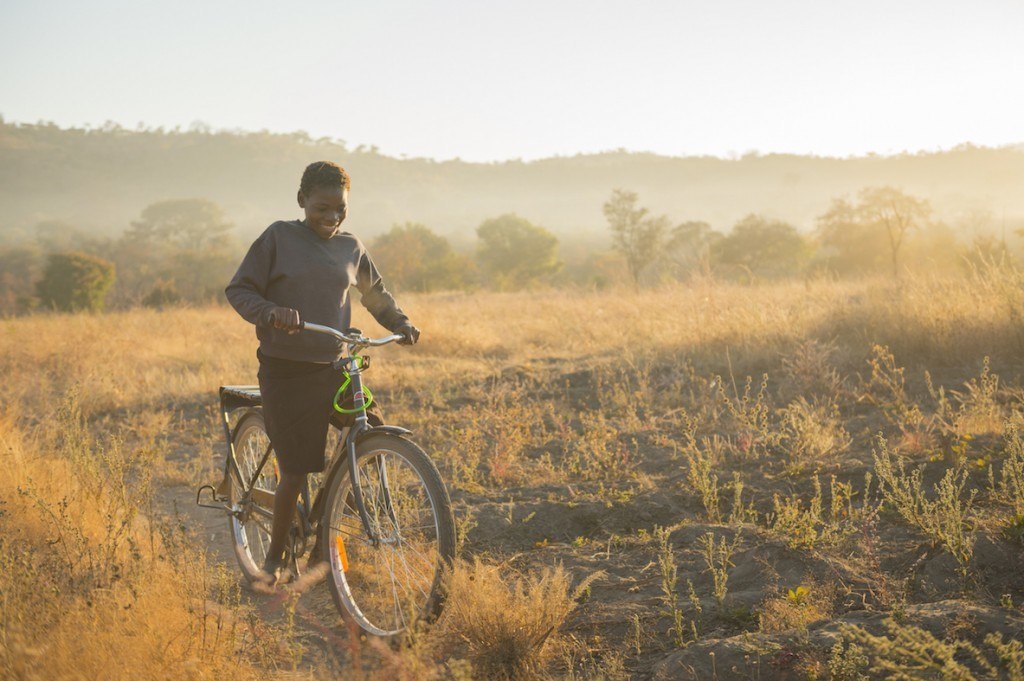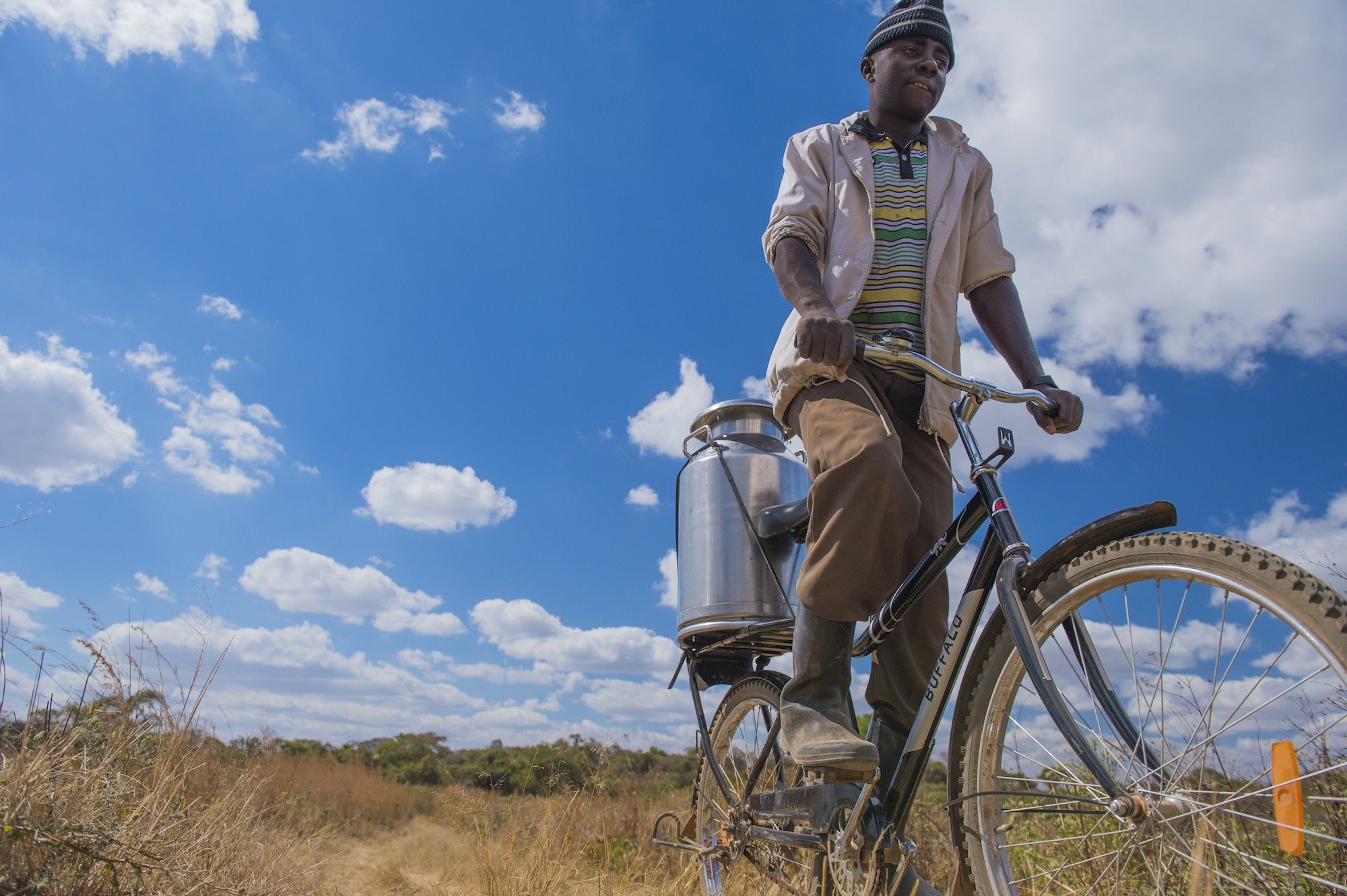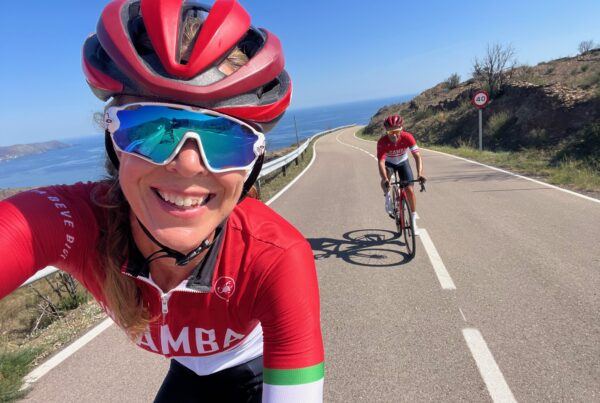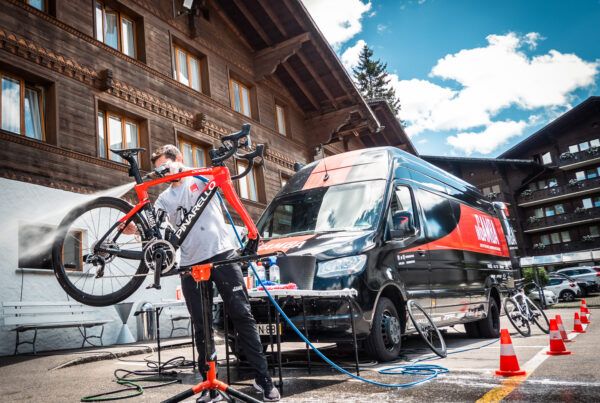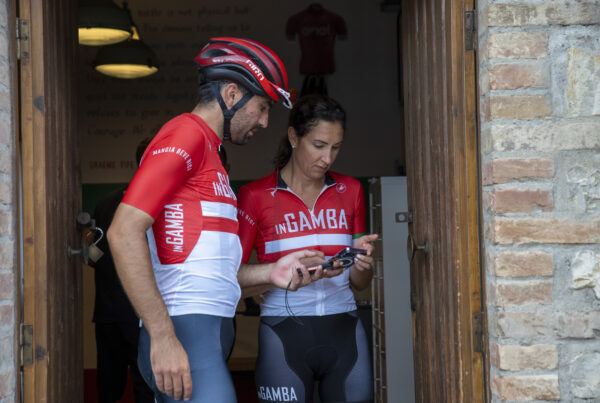This is not a bike. This is a game changer for the young and a life saver for the sick and helpless. This is mobility, which in developing countries means access to a world of hitherto inaccessible opportunities. This is schools and medical treatment and a route to market. This is a future.
World Bicycle Relief is a Chicago-based charity that is dedicated to improving the lives of people in some of the world’s poorest places by providing custom-designed bicycles and the parts and mechanics to maintain them.
The heavy-duty Buffalo Bike was created as a sustainable solution to age old problems of poor infrastructure and isolated towns and villages. Because while donating bikes to people in need isn’t a new idea, the traditional approach of donating second-hand bikes to poor regions and disaster zones has always been hampered by myopia. Compatibility and availability issues mean that even if those normal bikes arrived in good condition, the vast array of different models, styles and brands would make maintaining them long-term totally impossible.
By contrast, the Buffalo is a rugged, reliable machine perfectly suited to life on rough roads in remote communities. It weighs 23kg including racks and fenders, with a frame made from oversized 16-guage steel tubing. Its coaster brake offers ease of use, safety and improved durability, while the heavy-duty wheels are more than able to withstand whatever type of terrain they’re faced with. And because there’s only one model, the mechanics can afford to stock a steady supply of spare parts.
Studies in the field suggest that with a bike, student attendance increases by up to 28% while grades increase by up to 59%. Healthcare workers can reach 40% more patients more often, and entrepreneurs increase profits by up to 50% by travelling farther and carrying more goods.
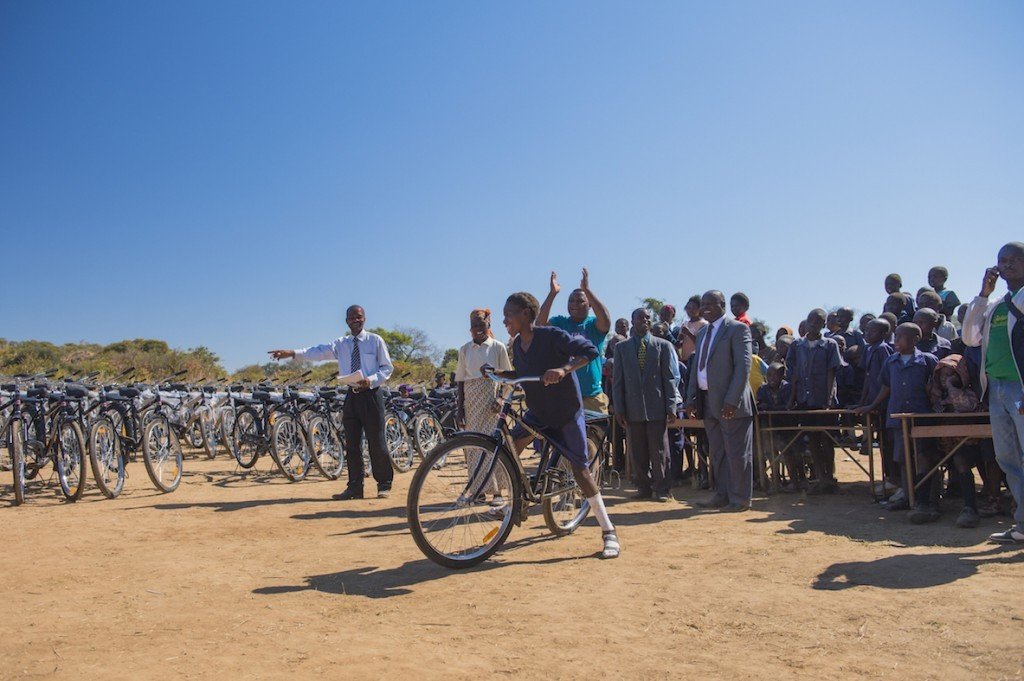
To date, they have distributed more than 200,000 bicycles and trained more than 1,000 bicycle mechanics in countries like Angola, Botswana, Indonesia, Kenya, Malawi, Mozambique, Peru, the Philippines, Rwanda, South Africa, South Sudan, Sri Lanka, Tanzania, Uganda, Zambia and Zimbabwe.
The goal is to eliminate distance as a barrier to education, healthcare and economic opportunity. And at inGamba, we’re extremely proud to support that.
For us, a bicycle is a recreational tool. But to millions of people around the world, a bicycle is an inexpensive, sustainable form of transportation, one that can mean the difference between seeing a doctor, getting to school, making a living – or not.
– João Correia, inGamba founder
It’s impossible for us to understand just what a difference these bikes make. $147 – the price of one bike – wouldn’t even get you a pair of high-end tubular tyres, but a Buffalo Bike from World Bicycle Relief will literally change lives. Their Educational Empowerment Program provides bikes to students – 70% of whom are girls – and to teachers and education workers in rural Africa. Local community committees select those most in need and oversee bicycle use, while students sign a contract committing to school attendance. They arrive safely and on time and studies consistently find that grades and attendance rates improve after students receive bicycles.
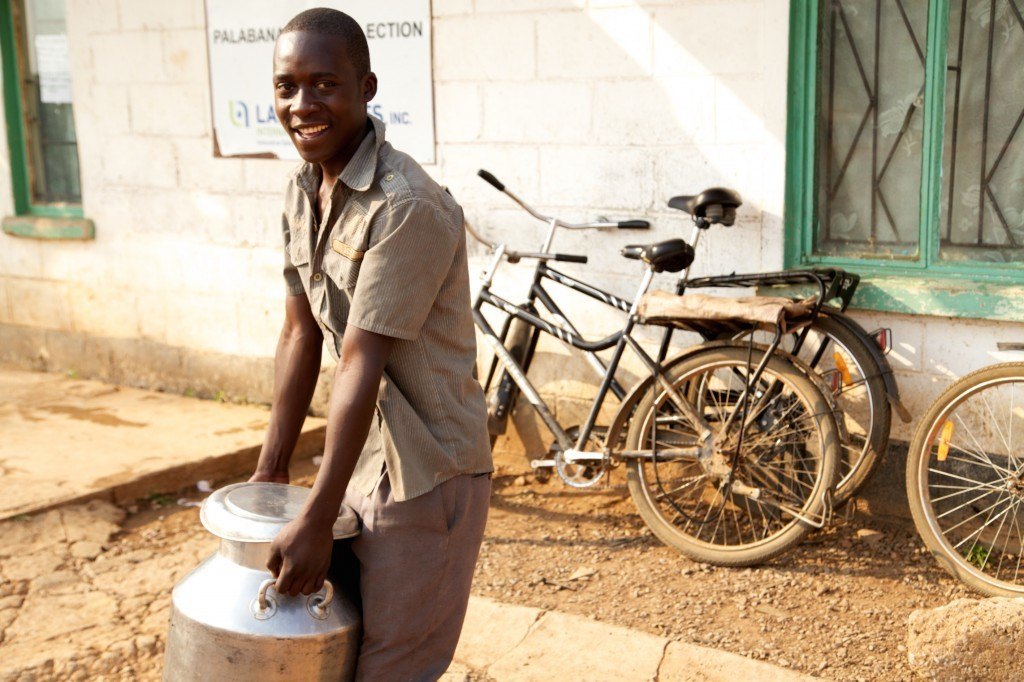
And when it’s not in use for educational purposes, the whole family can benefit from increased mobility. For example, a 2012 survey found that clinic visits for children under the age of five had more than doubled, as mothers were more easily able to bring them for vaccinations and treatment. The program also aims to strengthen local economies and promote long-term sustainability by assembling bicycles locally, training mechanics and improving the spare parts supply chain.
Around the globe, World Bicycle Relief has shown that whether it’s giving kids the chance to get an education, helping farmers bring goods to customers, assisting in disaster relief or fighting HIV/AIDS, the bicycle can do so much good. It’s a viable, cost-effective and long-term solution to some of the most challenging problems in developing nations – and we’re delighted to be a small part of that. We hope you will be too.
If you’d like to find out more or make a donation, visit the dedicated inGamba page here.
